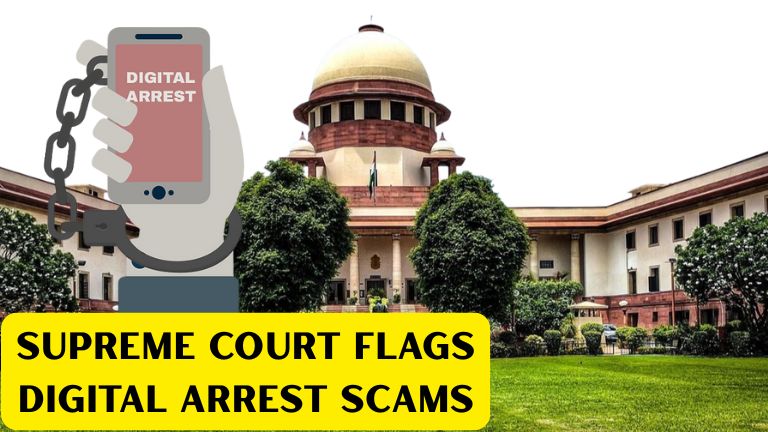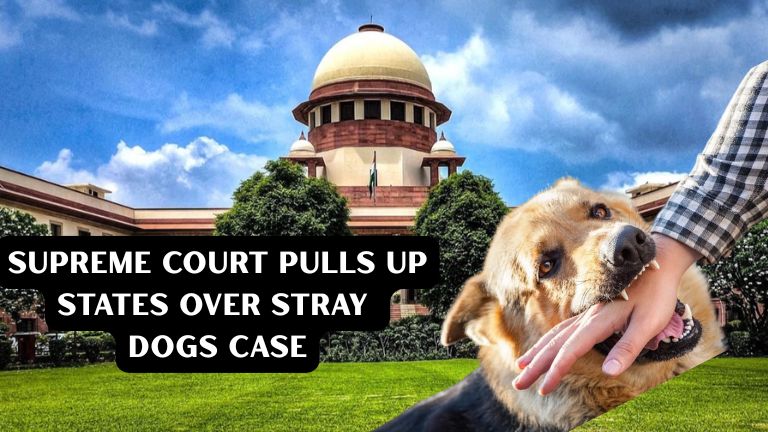I.S. Tiwana, J.@mdashVide the impugned order, dated May 7, 1981, the Appellant''s prayer -for setting aside the decree of divorce granted
against him on March 12, 1979, at the instance of the Ram wife, has been declined by the trial Court (Additional District Judge, Ludhiana).
2. In the petition filed by the Ram u/s 13 of the Hindu Marriage Act, 1955 (for short, the Act) the Appellant was proceeded against ex parte on
March 1, 1979, as he failed to appear in Court in response to the summons claimed to have been served on him through affixation and the decree
was granted in favour of the Ram on March 12, 1979 on the basis of the ex parte evidence led against him. The case put-forward by the Appellant
in his application, dated April 11, 1979, under Order 9, Rule 13, Code of Civil Procedure, was that as a matter of fact he had never been served
with any notice and it was Amar Singh (R.W. 2), father of the Ram who in connivance with Rajinder Singh, Process-server (R.W.1) secured a
wrong report of his service. According to him, he came to know of the ex-parte decree for the first time on April 9, 1979, when one of his aunts,
Mrs. Pritam Kaur (A.W. 1) who had approached the Ram''s parents to bring about a reconciliation between the parties to the litigation and had
been informed by the Ram''s father that she had already obtained an ex parte decree against the Appellant from the Court of the Additional District
Judge, informed him all about it. In support of this plea of his he not only examined Pritam Kaur and other witnesses including himself but also
pleaded that on February 25, 1979, that is, the day on which the Process-server claims to have gone to his residence and alleges to have effected
services on him, he was not in the house from 4.30 A.M. till sunset and was away to a temple known as ''Kali Ka Bhawan'' in the suburb of
Ludhiana town in connection with the Shivratri celebrations. He claims himself to be a devotee of Kali Mata. To negative this claim of the
Appellant, the Ram did not choose to step into the witness-box but, however, examined the Process-server Rajinder Singh (R.W.1), her father,
Amar Singh (R.W.2) and Babu Ram, R.W.3 to support the validity of the proceedings that had been taken against him.
3. The Learned Counsel for the Appellant now contends that not only the lower court has misread and misinterpreted the evidence on record, but
also maintains that there has been no service of summons at all on the Appellant in the eye of law. In support of his latter mentioned contention, the
Learned Counsel points out that:
i. the summons, Exhibit Rule 1 was not issued to the Appellant as a party to any litigation or the proceedings u/s 13 of the Act but as per its
contents the Appellant''s presence was required on March 1, 1979 as a witness;
ii. the Process-server had no authority to effect substituted service on the Appellant in the absence of any specific order by the Court and as a
matter of fact the course adopted by him is clearly violative of the Rules framed by the High Court Sub-rule (1), Chapter 7-B, Para (a) of the High
Court Rules and Orders, Volume (IV), in this regard; and
(iii) the trial Court failed to comply with the mandatory provisions of Order 5, Rule 19-A of the CPC in not simultaneously issuing summons for
service through registered post.
4. After hearing the Learned Counsel for the parties at some length, in the light of the evidence on record. I find that the above-noted submissions
of the Learned Counsel for the Appellant are not devoid of merit. It is the admitted case of the Ram that on February 25, 1979, when the Process-
server, R.W.1, is alleged to have gone to the house of the Appellant, he was solely accompanied by Amar Singh, father of the Ram. Though these
two witnesses, that is, R. Ws.1 and 2 also claim that another person, namely, Babu Ram, R.W.3 had joined them on the way but I find no
substance in that stand as no role has been attributed to him in the matter of effecting the service. As per the Process-server he first went to the
house of Amar Singh to take him to point out the place of residence of the Appellant. He further states that on his calling the Appellant outside the
house, the latter did appear there but before signing the copy of the summons by way of acknowledgement of the receipt of the summons, he went
inside the house saying that he will bring his own pen to sign the same. Later he failed to turn up. After waiting for 15 or 20 minutes for the
Appellant, the Process-server claims to have resorted to affixation of the copy of the summons and the Petition on the outer wall of the house. This
report of the Process-server on the back of the summons, Exhibit Rule 1, bears the solitary endorsement of Amar Singh, R.W.2. Even Babu Ram
who is claimed to have accompanying these two witnesses has not been made to sign this report anywhere what to talk of any person from the
locality. This is the total evidence examined on behalf of the Ram. In the light of the same I feel that in all probability the Learned Counsel for the
Appellant is right in claiming that this service of summons is only a cooked up affair and a result of the connivance between R. Ws.1 and 2.
5. Besides this I find, the Appellant deserves to succeed on legal grounds noticed above. As has been pointed out in an earlier judgment of this
Court in Arjan Singh and Ors. v. Hazard Singh and Ors. 1965 P.L.R. 643., the CPC (Order 5, Rule 12) insists that wherever practicable, service
of summons must be effected on the Defendant in person unless either he cannot be found out or he has an agent empowered to accept service.
The above-noted provisions of the High Court Rules and Orders day down that every attempt should be made to effect personal service in the first
instance and the Process-server should go again and again for this purpose. Service in one of the ways enumerated in Order 5, Rules 12 to 16 of
the CPC has to be insisted upon and service by affixation under Rule 17 should not normally be allowed till after the day fixed for scrutiny. As per
these Rules, the Court should fix two dates-first for the return of the process with a report of the Process-serving Agency and the other for the
hearing of the case. The interval between the dates of issue and return on the one hand and between the return and hearing on the other, shall in
each case have adequate time for service of the process and it should not be left to the discretion of the Process-server to decide whether he
should effect personal or substituted service. The Court should not proceed to hear a suit ex parte until it is proved to its satisfaction that the
summons has been duly served strictly in the manner provided in the High Court Rules and Orders. Equally imperative for the Court is to. comply
with the provisions of Rule 19A of order 5, Code of Civil Procedure. It appears that it is with a view to safeguard against such a contingency as
has arisen in this case that this provision of law was recently introduced in the year 1976. It has been ruled by this Court in Nasib Singh v. Jagdish
Chand 1980 P.L.R.729., that when both the modes of service of summons prescribed are not resorted to, the ex parte order or decree deserves
to be set aside on that score alone. Compliance of Rule 19-A is to be more particularly insisted upon in matrimonial cases. In Shanti Devi v.
Mangat Rai 1977 P.L.R. 476., my learned brother, M.R. Sharma, J., has observed that in matrimonial cases if one of the parties to the
proceedings approaches the Court with a prayer that ex parte decree passed against it should be set aside, the Court should more readily accept
such a prayer and perform its statutory duty of giving a decision on merits only if it fails to effect a compromise between the parties.
6. Faced with these legal infirmities in the matter of service of summons on the Appellant in spite of which the Ram succeeded in securing an ex-
parte decree of divorce, her Learned Counsel, Mr. D.S. Nahra, contends that as a matter of fact the Appellant was not interested in opposing the
prayer made in the petition u/s 13 of the Act for the reason that parties to the litigation had already arrived at a settlement on August 27, 1978,
whereby they had severed their merital relationship completely after returning to each other the various articles which had been given or presented
to them at the time of their marriage, about three years earlier. I, however, do not feel the necessity of going into this aspect of the matter any
further for the short reason that no material to that effect has been brought on the records of these proceedings. In any case, if the Ram can depend
on such a settlement or compromise, she has to prove the same during the course of regular proceedings for divorce. This, however, may be stated
that the Appellant stoutly denies the genuineness and the validity of any such settlement or compromise claimed to have been effected between the
parties.
7. For the reasons recorded above, I allow this appeal and while setting aside the impugned order, dated May 7, 1981, also set aside the ex parte
decree granted against the Appellant u/s 13 of the Act on March 12, 1979 and direct the trial Court to proceed to decide the same on merits in
accordance with law. The parties through their counsel are directed to appear before the lower Court on January 5, 1983.

